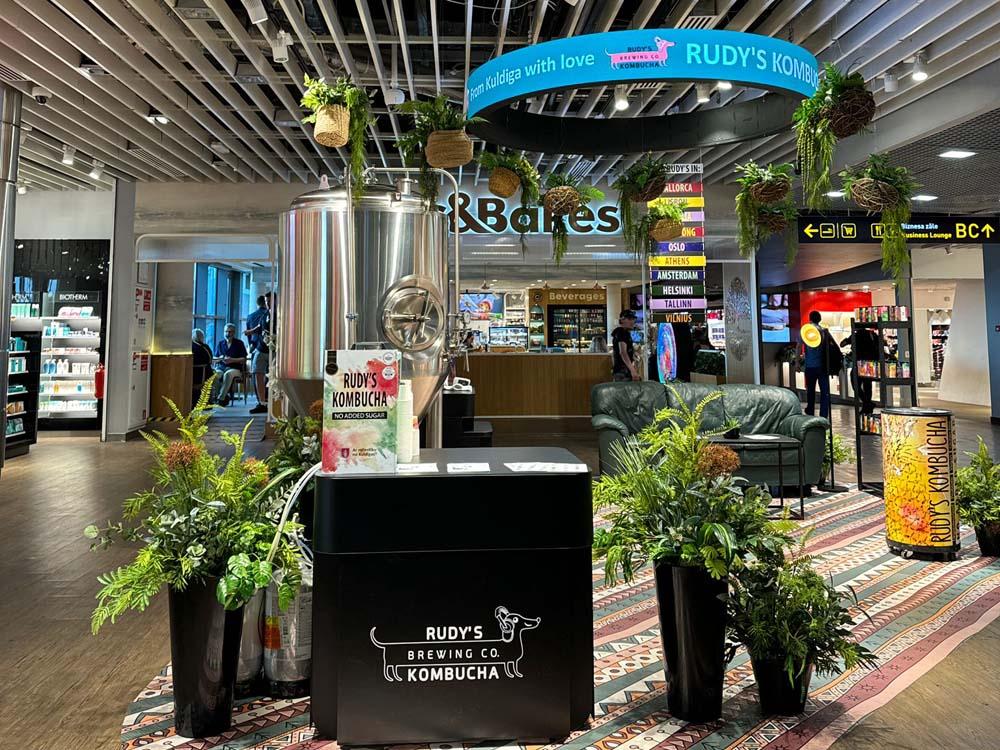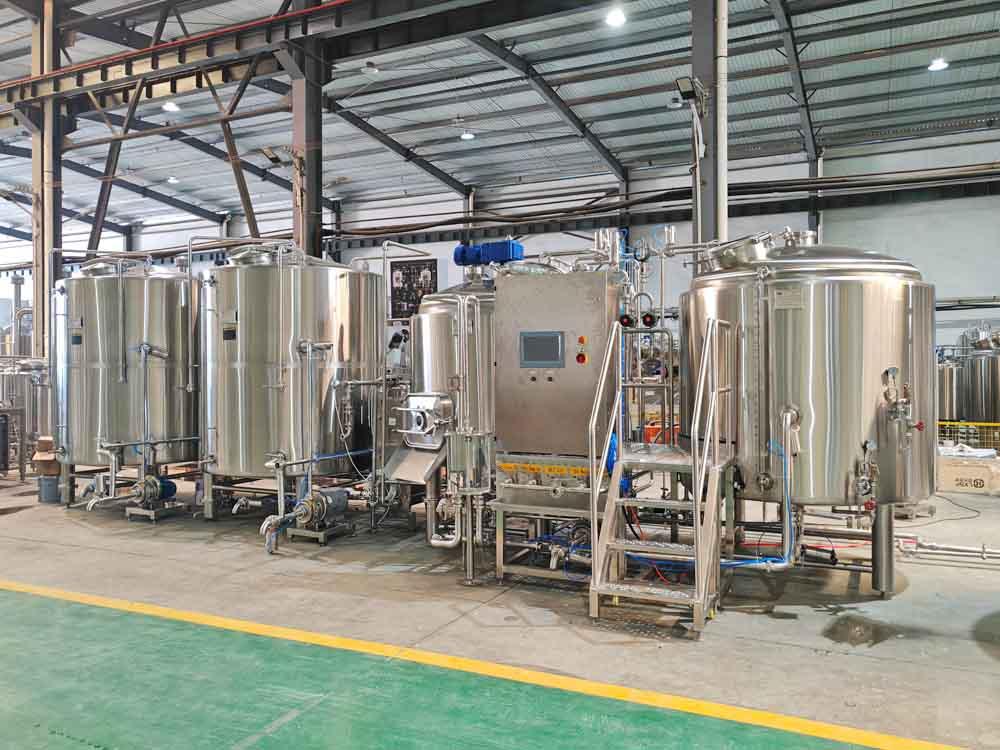What To Do If Your Fermenter Is Too Cold?
- Sep 25, 2021
- 92
- tiantai
Temperature plays a key part in the fermentation process. We offer some tips on what to do if your conical fermenter vessel is too cold and ways to warm it back up.
Temperature is a key part of the fermentation process. Too warm and it can create off-flavors, too cold and the beer could not ferment or take longer to ferment.
When brewing with Tiantai beer brewing equipment we recommend that the ideal temperature range for your beer be at 70-72 degrees. The wider range that we suggest is 68 to 78 degrees. Everything that we brew, using any type of ale yeast, we ferment at 70 degrees with great results.
Now if your beer gets too cold that can slow down your fermentation so we have a few tips that you can use to warm it back up in the right range.
The first would be obvious to move your fermenter to someplace warmer. We have heard of people putting them on top of their refrigerator.
Another thing you can do would to try and wrap it in blankets to help keep it warm. The fermentation process creates some heat, so trying to keep that heat around the fermenter can help it warm up a little bit.
.jpg)
Another thing you can do is to put a heating pad near or the fermenter on top of the pad. However, if you are going to do this it would be ideal to have a temperature strip on your fermenter. That way you know if your beer is getting warm and you can find the right range in temperatures.
Also, when doing this you want to avoid a big swing in temperature. So don’t crank up the pad, then lower it, then crank it up again. That can create off-flavors. You want to make sure that you gradually bring the temperature and finding a good place where you can hold the proper temperature.
If you cant get the temperature up and you are hovering around that 64-66 degree range, then you should fermenter your beer for longer. I would suggest pushing your fermentation to 21 days at this colder temperature to make sure the yeast will eat all those sugars up.
It is still working, just moving a little slower than it normally does.
The best thing you can do for temperature control is to have a thermometer on your beer /cider/kombucha/hard seltzer fermenter so know exactly what your fermentation
temperature is.
Temperature is a key part of the fermentation process. Too warm and it can create off-flavors, too cold and the beer could not ferment or take longer to ferment.
When brewing with Tiantai beer brewing equipment we recommend that the ideal temperature range for your beer be at 70-72 degrees. The wider range that we suggest is 68 to 78 degrees. Everything that we brew, using any type of ale yeast, we ferment at 70 degrees with great results.
Now if your beer gets too cold that can slow down your fermentation so we have a few tips that you can use to warm it back up in the right range.
The first would be obvious to move your fermenter to someplace warmer. We have heard of people putting them on top of their refrigerator.
Another thing you can do would to try and wrap it in blankets to help keep it warm. The fermentation process creates some heat, so trying to keep that heat around the fermenter can help it warm up a little bit.
.jpg)
Another thing you can do is to put a heating pad near or the fermenter on top of the pad. However, if you are going to do this it would be ideal to have a temperature strip on your fermenter. That way you know if your beer is getting warm and you can find the right range in temperatures.
Also, when doing this you want to avoid a big swing in temperature. So don’t crank up the pad, then lower it, then crank it up again. That can create off-flavors. You want to make sure that you gradually bring the temperature and finding a good place where you can hold the proper temperature.
If you cant get the temperature up and you are hovering around that 64-66 degree range, then you should fermenter your beer for longer. I would suggest pushing your fermentation to 21 days at this colder temperature to make sure the yeast will eat all those sugars up.
It is still working, just moving a little slower than it normally does.
The best thing you can do for temperature control is to have a thermometer on your beer /cider/kombucha/hard seltzer fermenter so know exactly what your fermentation
temperature is.




